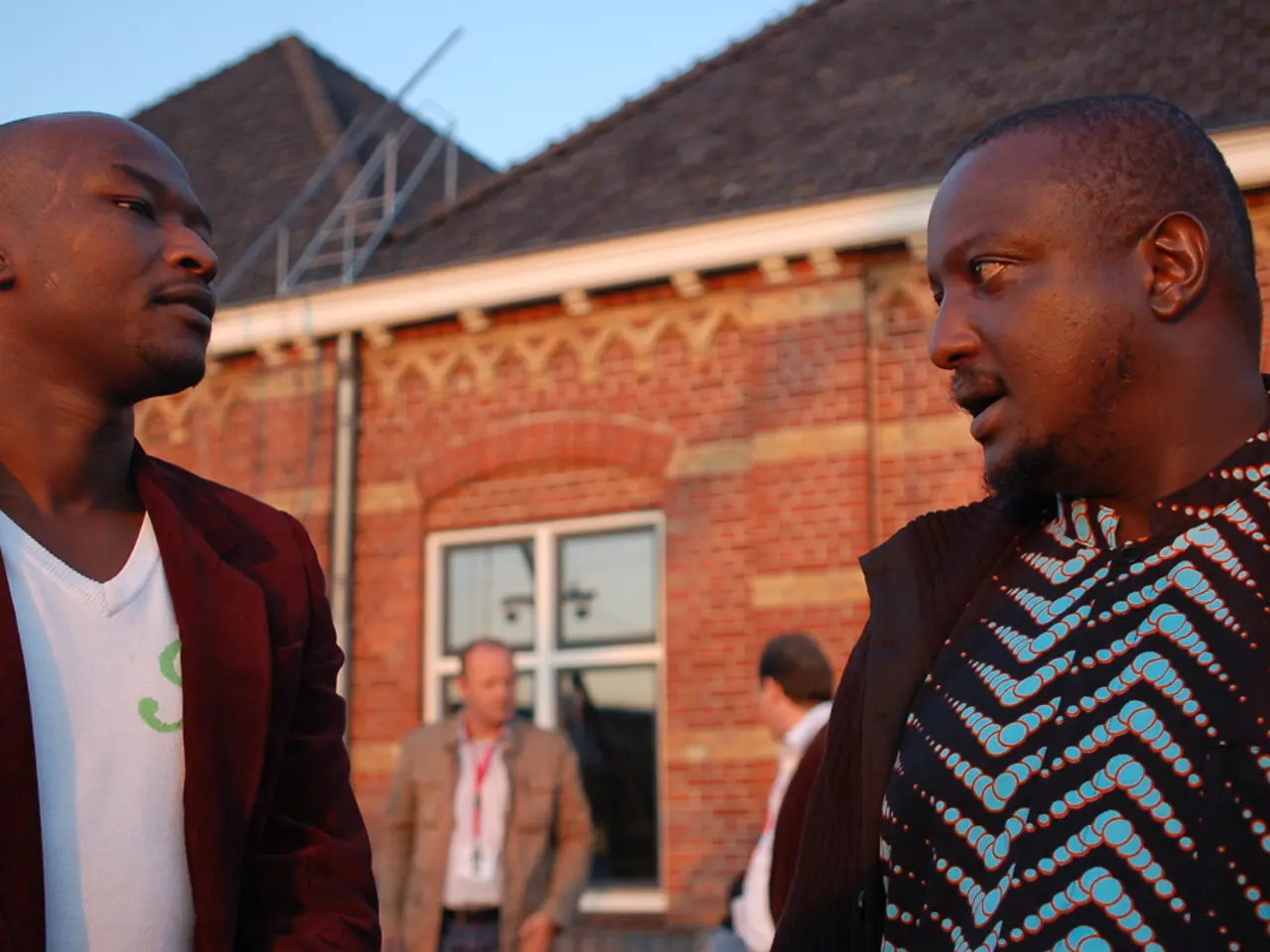Ranking the African Nations with the Greatest Political and Economic Sustainability
Stability and Progress in Africa: A Spotlight on 10 Countries
Botswana, a beacon of transparency and effective management of natural resources, particularly diamonds, has maintained a stable political environment since its independence in 1966. Low corruption levels and a well-functioning legal system have contributed to its overall stability. Botswana's democracy has proven to be robust, ensuring political accountability.
Senegal, one of West Africa's most stable democracies, has peacefully transitioned power since independence. Its stability is largely due to strong institutions, a relatively independent judiciary, and a vibrant civil society. Senegal's economy, based on agriculture, fishing, and services, has remained resilient over the years.
Namibia, another shining example of stability, has successfully diversified its economy, particularly in mining, tourism, and agriculture. This diversification has contributed to its political stability. Namibia enjoys a peaceful political environment, largely free from internal conflict.
Seychelles benefits from a stable government and a thriving tourism-driven economy. The island nation has managed to maintain political order through a well-established governance system and effective law enforcement.
Liberia, once troubled by conflict, has held peaceful elections in recent years, strengthening democracy and promoting stability. International support and investment have played a crucial role in Liberia's rebuilding of institutions and governance structures.
Mauritius, known for its strong democracy, independent judiciary, and low crime rates, has implemented social policies such as free healthcare and education, improving the quality of life for its citizens. Mauritius's economic policies focus on diversification, with thriving industries in finance, tourism, and technology.
Tanzania's governance model emphasizes unity, contributing to peaceful coexistence among its diverse ethnic and religious groups. Tanzania's economy is largely driven by agriculture, mining, and tourism.
Lesotho is committed to reducing poverty and promoting sustainable development through government initiatives.
South Africa's democratic institutions, independent judiciary, and free press ensure political accountability. South Africa's economy is diversified across industries such as mining, manufacturing, and finance.
Cape Verde stands out for its high political and economic stability. Its stable multiparty democracy with regular free elections, strong rule of law, effective governance, and inclusive institutions that promote transparency and accountability have reinforced its economic resilience and political cohesion. Additionally, Cape Verde's strategic international partnerships and investments in human capital and infrastructure have contributed to its stability.
Read also:
- Impact of Alcohol on the Human Body: Nine Aspects of Health Alteration Due to Alcohol Consumption
- Understanding the Concept of Obesity
- Lu Shiow-yen's Challenging Position as Chair of the Chinese Nationalist Party (KMT) Under Scrutiny in Donovan's Analysis
- Tough choices on August 13, 2025 for those born under Aquarius? Consider the advantages and disadvantages to gain guidance








